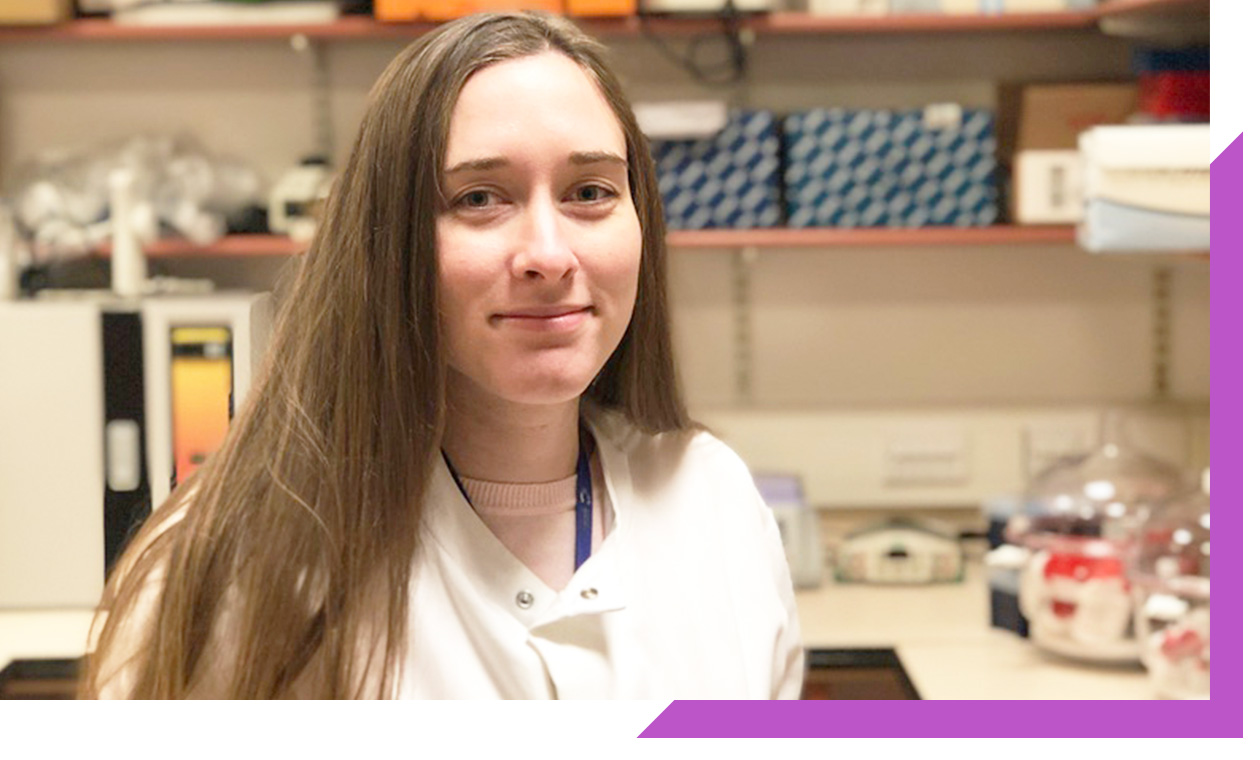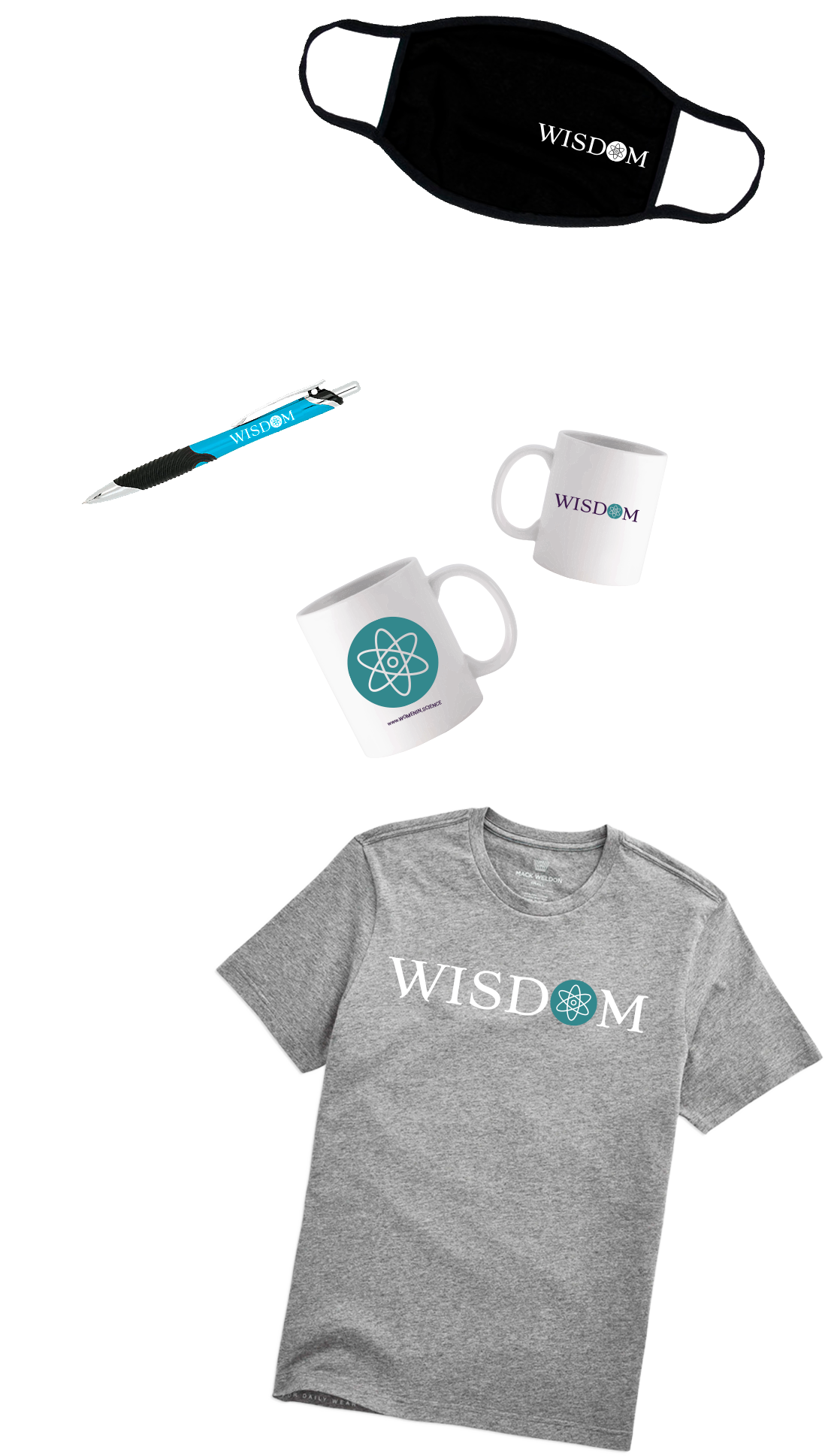Jennifer has a PhD in Molecular Cancer Studies – this
is her story…

How old were you when you realized science was “cool?”
As a child, I always found natural sciences fascinating and would read books on the human body, volcanoes and animals. My favourite books were the ‘Why?’ series that answered questions including ‘why does your tummy rumble?’ And always had lots of interesting facts and science tricks.
Was there a moment or event where you said, I want to be a scientist?
There was no moment that suddenly made me want to pursue science, but I always enjoyed science along with maths and geography so knew I would pursue one of those areas.
What does it mean to be a scientist?
Being a scientist allows me to delve into the ‘whys’ of the human body and use the answers to improve peoples’ lives whilst satisfying my curiosity along the way. Although, the more you discover, the more you realise you don’t know!
How would you describe your undergraduate years? Graduate? Post grad?
I started my undergraduate degree at the University of Bath aiming to focus on ecology and physiology, but soon realised a deeper fascination for cellular biology and biochemistry. I spent a year’s work placement at the University of Kentucky where I studied molecular mechanisms of lung cancer and discovered a passion for research. Overall, my undergraduate years have shaped who I am today; professionally and socially.
For my PhD, I studied Molecular Cancer Studies at the University of Manchester, focusing on understanding the biology of lung cancer in hopes to find new treatments. I enjoyed the research community in Manchester and was able to attend lots of conferences, which was inspiring and a lot of fun!
Did you always know you’d want to pursue a career in science?
I was torn between biological sciences and maths, but the real world applications of biology won in the end. I was not aware of the field of bioinformatics, which could have been the perfect compromise.
Can you share a “failure” that ended up being a valuable lesson?
I once got some new, extremely exciting results just before a conference. I couldn’t wait to share them, but when I looked more closely into my results, they were not as they had first appeared. I realised in time, but have learnt to always be extra sure before shouting about what look to be exciting results.
How did you end up working in biotech?
Whilst on maternity leave, I was looking for a new position as my funding was due to finish. I asked for my CV to be circulated around a building that houses new start up companies. Serendipitously, my now boss found out his technician was leaving to pursue a PhD the same day and my experience matched the role perfectly. The company was awarded an innovation grant and I was able to begin work in late 2019.
What’s one piece of advice you received over time that has helped you in your career?
Plan and work efficiently, but don’t try doing too much all at once. Working smartly is much more productive in the long run than constantly overworking and facing burnout.
Education
University of Bath with a BSc in Biology with professional placement in 2011
PhD in Molecular Cancer Studies from the University of Manchester in 2015
I then spent four years at the University of Birmingham researching head and neck cancer and working with clinical trials. In 2019, I joined the biotech start up, HairClone, where I run the research into optimising a cell therapy for the treatment of androgenic alopecia (age-related balding). Our aim is to grow regenerative cells found in the base of hair follicles, expand their numbers and inject them into balding regions to rejuvenate hair growth.
Get in Touch!
You can follow Jennifer’s personal journey by following her Instagram: @research_life

